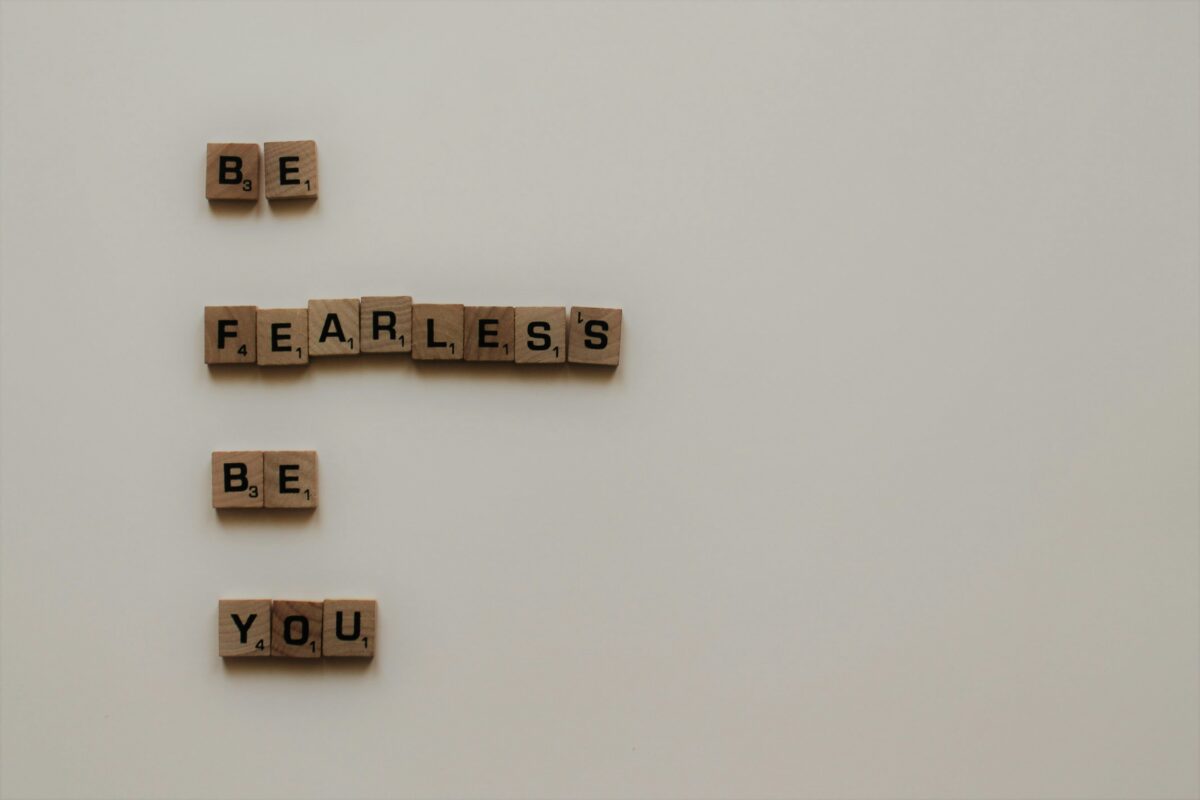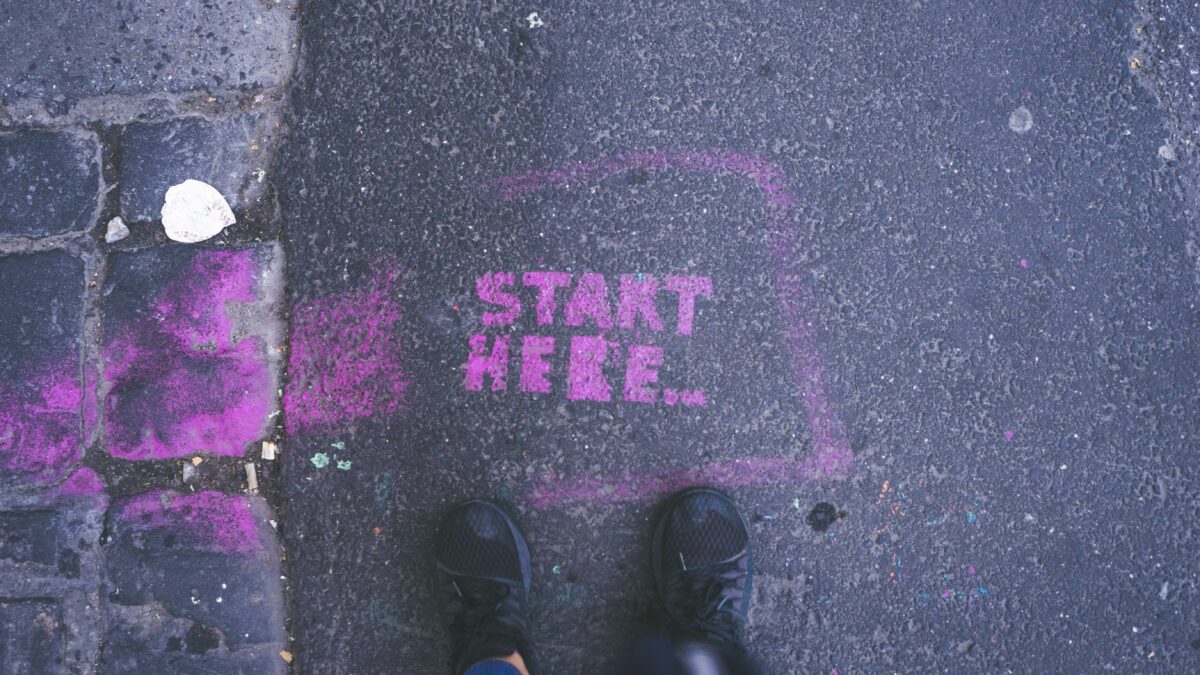There are alot of benefits of journaling, how it clears your mind, lowers stress, helps you make decisions, track patterns, and grow.
But none of that can happen unless we’re willing to be honest on the page.
I mean deep honesty, the kind that catches in your throat. The kind that makes your pen pause. The kind that makes you look over your shoulder even though no one else is reading.
That kind of honesty, the brave kind, is where the real breakthroughs happen.
And yet, many of us filter, even when we are alone. We edit ourselves, even in private. We write what sounds right. What feels palatable. What we think we should think. We stick to the version of ourselves we’ve grown used to presenting to the world, because it’s safer that way.
But here’s the truth: pretending doesn’t heal us, politeness won’t bring clarity, and self-censorship keeps us stuck.
The page is meant to be a place of freedom. A space where nothing has to be resolved. Nothing has to be polished. A space where the real story can exist.That’s where ‘The Brave List’ comes in.
It’s a journaling practice created to help unblock us and or uncover the things we may be avoiding.
The Brave List is exactly what it sounds like: A list of things we are scared to admit. Things we’ve never said out loud. Things that would’ve shocked a former version of us. Things we need to write down before we can move forward.
Although I rarely reveal what’s in my journal, I’m doing it today because sharing personal truth makes it easier for others to share theirs, and that’s the path to freedom. So here is my current ‘Brave List’.
As you read, I hope it stirs something honest in you too. Maybe even enough to start your own.
1. I was too good for my own good.
As a child, I was taught to be good. Programmed, really. To be helpful, polite, well-behaved, and agreeable as most of us are, as I have also taught my children to be. And I lived like that, believing that being good was the goal.
But my goodness came from fear, not love. Fear of rejection. Fear of being misunderstood. Fear of being too much or not enough.
Being “good” became a kind of cage. And while I still value morals, I no longer hold them up for morality’s sake. I believe in love. Here’s what I mean: real goodness is alive and generous, but there’s a counterfeit that only wants a show. It swaps presence for performance and honesty for whatever sounds pleasing. That isn’t love. It’s fear disguised as virtue.
2. I Used to Think I Was Free… But I Feel Freer Outside the System.
Having been taught that true freedom comes through faith. I thought that anyone who didn’t believe what I believed was bound in some way.
But now, standing outside the religious system I once belonged to, I can see just how caged I really was. I used to sing about freedom, but the truth is, parts of me were never free at all.
Looking back, I see that I didn’t need to walk away from people or even unravel my faith, because that’s not really what happened. What I needed was to step away from a system that had started to feel more like a machine than a place of grace. More like a business than a true belonging. More like an obligation than an honour. More like control than calling.
Since stepping outside of it, I breathe easier. I feel closer to the Divine. I am less judgmental. I’m less certain now, which really just means I’m more open, embracing the mystery of life rather than rules. This helps me to be more empathetic towards others.
There’s a lot I miss, and still grieve, about being ‘on the inside,’ part of the system, as it were. But what I had wasn’t really home. It was a belonging that came with conditions, an inclusion built more on what my family contributed than on connection. It was comfort disguised as freedom.
3. I Used to Think Obedience was devotion…Now I believe honesty is.
For a long time, I measured my faithfulness by how well I followed the rules. I believed that obedience, quiet, consistent, unquestioning, was the truest sign of love. But over time, that version of devotion began to feel hollow.
Honesty is sometimes disruptive. It doesn’t always look spiritual. It sometimes means saying things that are misunderstood. But when I started admitting what I really feel and think, that’s when I began to cultivate a deeper sense of truth, love and faith, not further.
Honesty made room for healing. Obedience had me doing things out of habit, rather than from genuine relationships. I started to realise, if what I want is real connection, I can’t keep trying totick boxes just to keep people happy. And I definitely didn’t want to become the kind of person who expects others to do that for me. I didn’t want to be someone who measured closeness by compliance.
Now it’s your turn.
What’s on your Brave List?
Maybe it’s something small. Maybe it’s something that would shake the ground beneath the version of you that others know. Write it anyway.
Try this journaling prompt to begin:
“I don’t want to write this, but…”
And follow that sentence wherever it takes you. No censoring. No apologising. Just you and the page and the truth that’s ready to be seen.
Because the real work, the healing work, doesn’t begin with answers. It begins with honesty.



